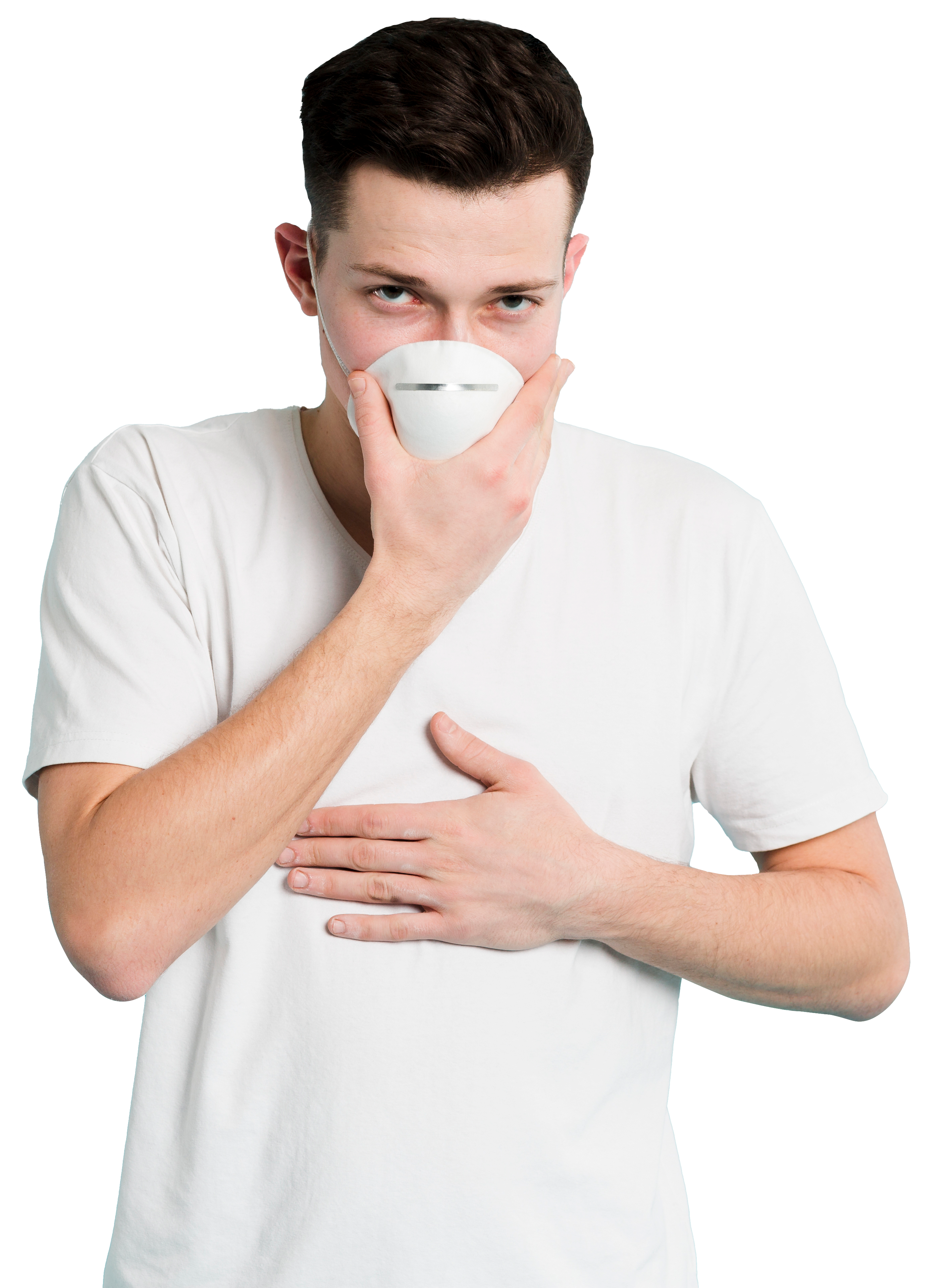Allergy and Asthma Clinic
At Novomed Dubai
Whether you have asthma, sinusitis, eczema, or food allergies, or you are looking for an allergy clinic to treat lung, nose or skin allergies, our allergy specialist will help you identify the underlying cause of your condition and work with you to create a treatment plan tailored to your needs.

Find the Best Allergy & Asthma Specialist
We consider ourselves to be the best allergy and asthma clinic in Dubai as we don’t only test for allergies, but have an expert allergist who can treat allergy-related symptoms.
We consider ourselves to be the best allergy and asthma clinic in Dubai as we don’t only test for allergies, but have an expert allergist who can treat allergy-related symptoms.
Types of Allergy
Drug Allergy
Example: Penicillin allergy causing rash or anaphylaxis.
Food Allergy
Example: Peanut allergy leading to swelling, hives, or breathing difficulties.
Insect Allergy
Example: Bee sting allergy causing swelling or severe reactions like anaphylaxis.
Latex Allergy
Example: Reaction to latex gloves, causing itching, skin rash, or asthma.
Pollen Allergy
Example: Hay fever (allergic rhinitis) triggered by pollen from trees, grasses, or weeds.
Nickel Allergy
Example: Skin rash from contact with nickel-containing jewelry or belt buckles.
Mold Allergy
Example: Sensitivity to mold spores in damp areas, triggering sneezing or asthma.
Dust Mite Allergy
Example: Allergic reactions like sneezing or coughing due to dust mites in bedding or carpets.
Sun Allergy (Photosensitivity)
Example: Skin rash or blisters after sun exposure in people sensitive to sunlight.
Pet Allergy
Example: Cat or dog dander causing nasal congestion, sneezing, or watery eyes.
Chemical Allergy
Example: Reaction to cleaning products or cosmetics causing skin or breathing issues.
Contact Dermatitis
Example: Rash from touching poison ivy, perfumes, or soaps.
Types of Allergy Tests
Skin-Prick Testing
Intradermal Testing
Patch Testing
Elimination Testing
Provocation Testing
Spirometry
Radioallergosorbent Test (RAST)
Exhaled Nitric Oxide Test
Types of Allergy Tests
Skin-Prick Testing
Intradermal Testing
Patch Testing
Elimination Testing
Provocation Testing
Spirometry
Radioallergosorbent Test (RAST)
Exhaled Nitric Oxide Test
Frequently Asked Questions
An allergic reaction occurs when your body misinterprets a harmless substance as being harmful, and reacts in an effort to protect you. While the immune system’s job is to defend against detrimental bacteria and viruses, it sometimes develops a sensitivity to innocuous substances such as pollen, grass or cat hair and sees them as a threat. These substances are referred to as allergens, or antigens, and cause the immune system to release a chemical called histamine, resulting in symptoms such as sneezing, nasal congestion and itchy eyes. To counteract these symptoms, sufferers might take medications called antihistamines.
The symptoms you experience will often correlate with which body part was exposed to the antigen. For example:
- If your eyes are exposed to an allergen they can become red, itchy, watery and/or swollen.
- If you inhale an allergen, the result could be a blocked nose, coughing, wheezing or itching of the nose or throat.
- Allergens you have ingested could cause cramping, nausea, vomiting, abdominal pain, diarrhoea, or life-threatening anaphylaxis.
- Skin contact with an allergen may cause blisters, rashes, itching or hives.
Asthma is a chronic respiratory condition caused by inflammation in the airways and air sacs in the lungs. It can develop at any age from birth.
While there is no cure for asthma, several treatments can help manage and reduce the symptoms so they do not have a big impact on the quality of life.
- Allergies to dust mites; tree and grass pollen; domestic animals including pets and birds; some foods; and mould spores can bring on attacks.
- A bout of flu or even a cold can exacerbate asthma for up to six weeks.
- Pollutants including some chemicals, cigarette smoke and car exhaust fumes can cause an attack.
- Exercise, especially in cold temperatures, can induce an attack. However, this doesn’t mean asthmatics should not exercise. In the long term, exercise is beneficial as it increases lung fitness.
- Emotions including anxiety, anger and laughter can lead to an attack.
- Drinks that use sulfur dioxide as a preservative (for example, lime and fruit squash) can trigger attacks.
- Medicines such as aspirin, certain anti-inflammatory tablets, eye drops and beta blocker blood pressure pills may aggravate asthma in adults.
Our
Allergy & Asthma Specialist

Dr Ahmed El-Rafei
Dr Ahmed El-Rafei has over 35 years’ experience in the field of Allergy and Bronchial Asthma. He is a distinguished physician who has been lauded by numerous professional societies, governmental agencies, universities, and foreign countries for his significant medical, teaching, research and professional writings.
Dr El-Rafei is a Fellow of the American Academy of Allergy and Asthma. He had the honor of being one of the founding members of the Saudi Society of Allergy, Asthma and Clinical Immunology, KSA, where he worked in one of the Kingdom’s most prestigious and leading healthcare providers, a member of the American Group Practice Association.